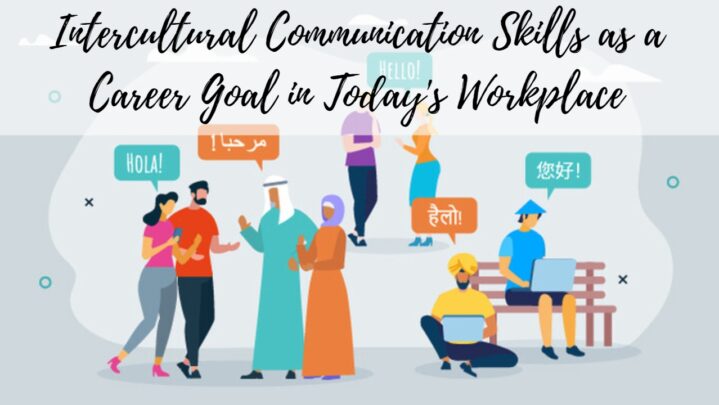Employees must be able to successfully interact with colleagues, clients, and consumers from varied cultural backgrounds since organizations operate on a worldwide basis. This entails being able to comprehend, appreciate, and adapt to various cultural conventions, values, and communication styles.
Intercultural communication skills are especially crucial in professions such as international commerce, marketing, hospitality, and education, where individuals from many cultures meet often. These abilities, however, are useful in any company that promotes diversity and inclusion.
Professionals may improve their employment chances in a variety of ways by having good intercultural communication skills. They can, for example, increase their capacity to negotiate with international clients, form strong connections with colleagues from multiple cultural backgrounds, and effectively lead diverse teams. Furthermore, persons with good intercultural communication skills are frequently seen as important assets by companies, which can lead to greater prospects for job progression and higher pay.
There are various methods for improving intercultural communication abilities. Immersion in diverse cultures is one of the most successful strategies. This can be accomplished by traveling, studying abroad, or simply connecting with individuals from diverse cultural backgrounds in your own neighborhood.
It’s also critical to educate yourself about the cultural norms and values of the people with whom you’ll be engaging, as well as to exercise active listening and empathy. In conclusion, multicultural communication skills are a benefit in today’s jobs.





